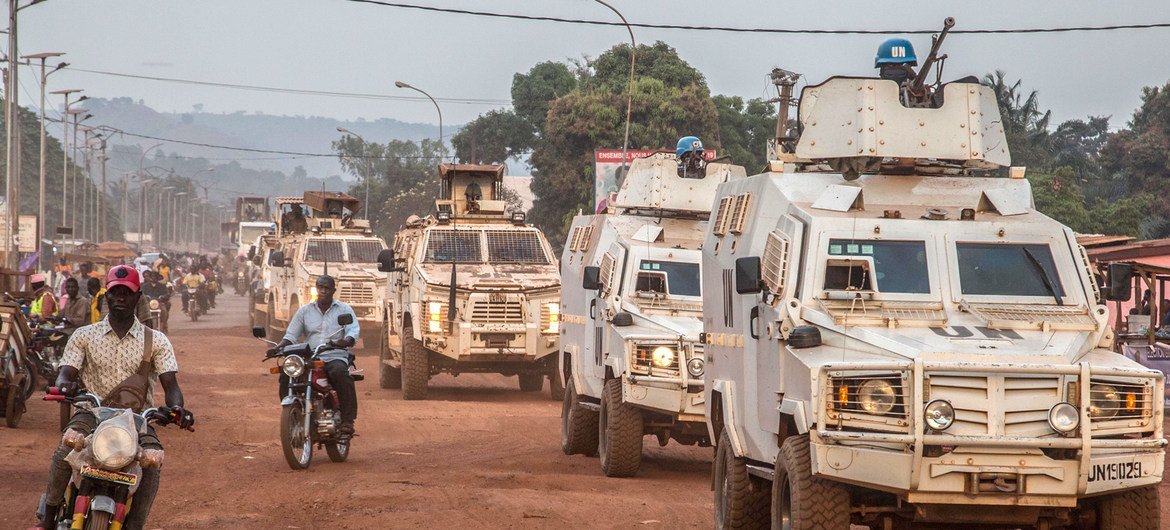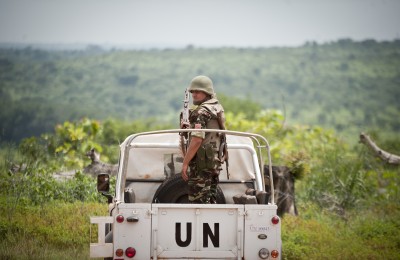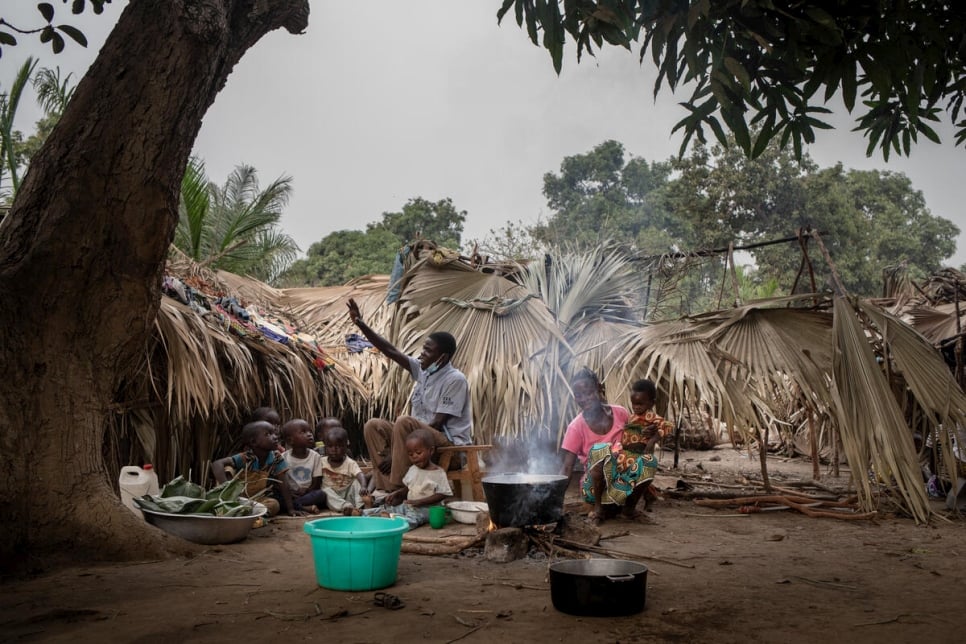The fragile security conditions in the Central African Republic deteriorated significantly when a loosely organized coalition of armed groups known as the Seleka overthrew then-President Francoise Bozize. This coup initiated a series of problems for the country, including mass killings, and caused a mass exodus of over one million people into neighboring countries.
The UN Security Council authorized United Nations Multidimensional Integrated Stabilization Mission in the Central African Republic (MINUSCA) to enter the field at the height of the violence in 2014. The mission aims to protect civilians, prevent violence, and support the country’s fragile transitional government. In June 2024, MINUSCA expanded its presence in the southeast of the country due to an uptick in violence in the region. MINUSCA’s mandate was reauthorized later the same year.




